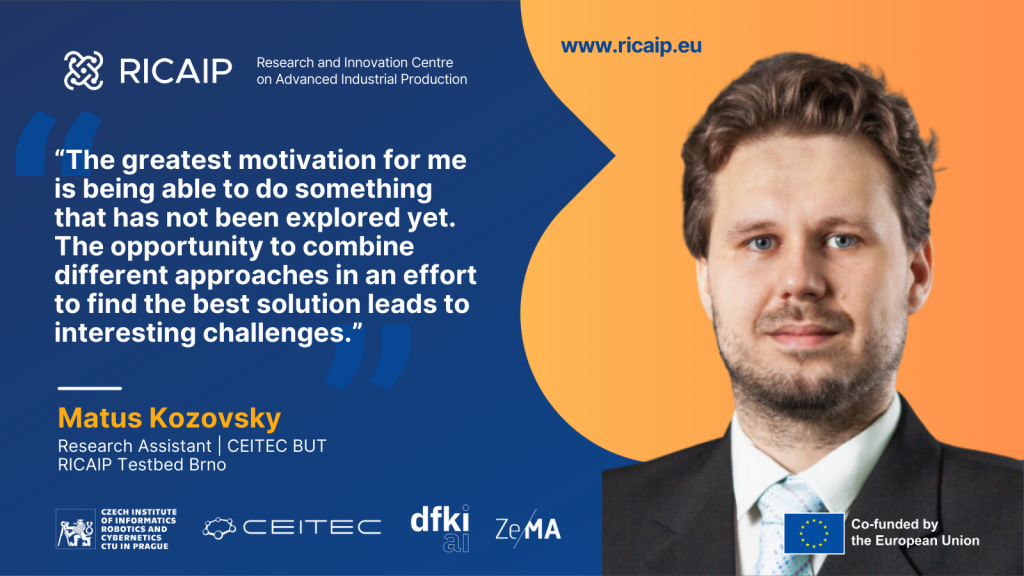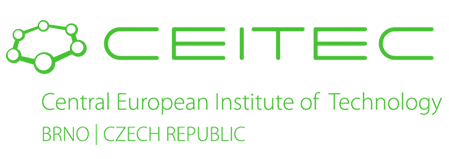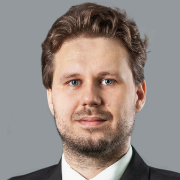Research focus:
Matúš Kozovský was born in Bratislava, Slovak Republic, in 1991. He received his Ph.D. degree in cybernetics from the Brno University of Technology, Brno, Czech Republic, in 2021. He successfully designed and implemented a fail-operational control algorithm for a dual three-phase synchronous motor during his doctoral study. The control system can detect various faults in current and position sensors, power inverter transistors, and in stator windings of the machine. The algorithm automatically switches the control strategy to suppress the influence of the fault and provide a smooth motor run with full or reduced power depending on the detected fault. One of his other research aims was the design of a robust control algorithm for high-speed PMSM drives. The design is based on a comprehensive motor behaviour analysis in the high-speed area considering the internal currents cross-couplings. The designed control algorithm was tested in models and implemented on the experimental platform, where it successfully reached an electrical speed of over 1500 revolutions per second with less than seven samples per electrical revolution. In the RICAIP project, he would like to extend his previous work and improve the fail operational control system using artificial neural networks for data fusion and fault detection. System requirements bring into play the necessity of using parallel processing provided by modern microcontrollers. He would also like to improve fault detection algorithm reliability and significantly reduce the time required to detect the fault by innovative methods based on detailed current wavelet analysis.
What is your personal motivation for a research career?
“The greatest motivation for me is being able to try to do something that has not been explored yet.”
The opportunity to combine different approaches in an effort to find the best solution leads to interesting challenges. Additionally, the chance to work in a team with excellent and talented colleagues, along with accessing high-end equipment that I wouldn’t have access to otherwise.
Would you have any piece of good advice for students?
According to me, the best advice, not only for students, is to try to pursue what truly interests you. Because when work is not just a job but also a hobby, you can give your best. Everyone has different talents, and every combination of talents can be applied in a different field. There’s no need to rush decision-making; it’s essential to take your time and find what truly suits you.



